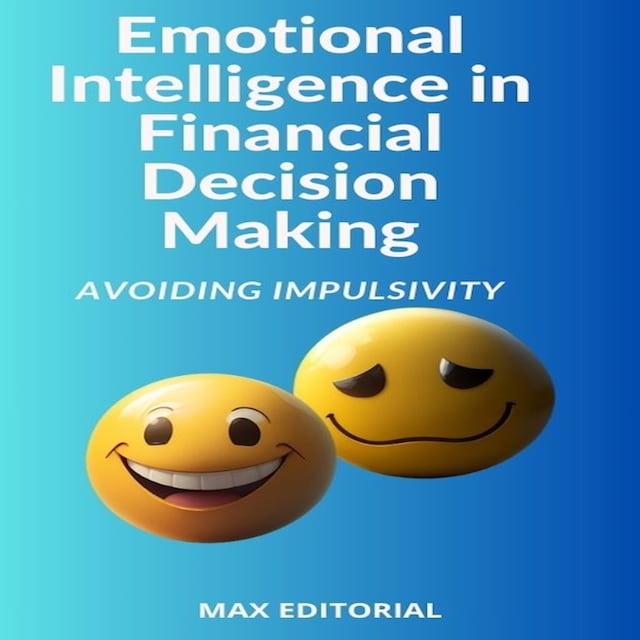
Emotional Intelligence in Financial Decision Making: Avoiding Impulsivity
Beskrivelse av boken
The intersection between emotional intelligence and finance
Our relationship with money is an intrinsic part of our lives. The way we manage our finances is not just limited to numbers and calculations; it is deeply rooted in our emotions, values and experiences. Emotional intelligence, a concept that has gained prominence in recent decades, offers a valuable lens to better understand our financial choices and, more specifically, to deal with the impulsivity that often undermines our decisions.
Emotional intelligence concerns our ability to recognize, understand and manage our own emotions, as well as the emotions of others. It encompasses several aspects, such as emotional self-awareness, self-regulation, empathy and social skills. While emotional intelligence is often associated with personal relationships and professional success, its role in finances is often underestimated.
Impact of impulsivity on financial decisions
Impulsivity is a powerful force that can undermine our financial goals and preserve our economic stability. When we make impulsive financial decisions, we often give in to momentary emotions to the detriment of our long-term goals. Impulsive purchases, risky investments and excessive spending are just a few examples of behaviors that can arise when our emotions are not properly balanced.
However, it is not just impulsivity that influences our financial choices. Our emotions also play a significant role in how we approach financial planning, investing and risk management. Loss aversion, fear of missing opportunities and the need for social status are examples of emotions that can impact our cardiac decisions.
This ebook explores the relationship between emotional intelligence and finance, highlighting how understanding and managing our emotions can lead to wiser, more transitional financial choices in the long term. Over the next few chapters, we will see how to recognize our financial emotions, develop self-control, practice empathy in financial contexts, and use specific strategies to avoid the impulsivity trap.
As we delve into this material, I invite you to reflect on your own emotional and emotional experiences. By doing this, you will be on your way to strengthening your emotional intelligence and improving your ability to make informed financial decisions.
Learn Much More...
 Max Editorial
Max Editorial 23 Sider
23 SiderKategorier:
Format:
Språk:
Engelsk